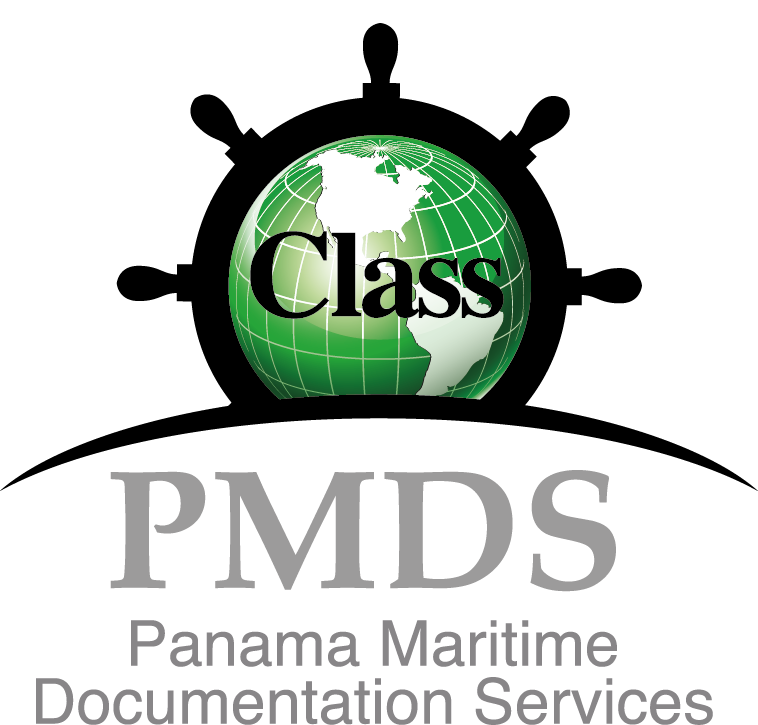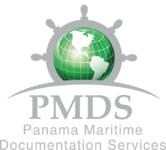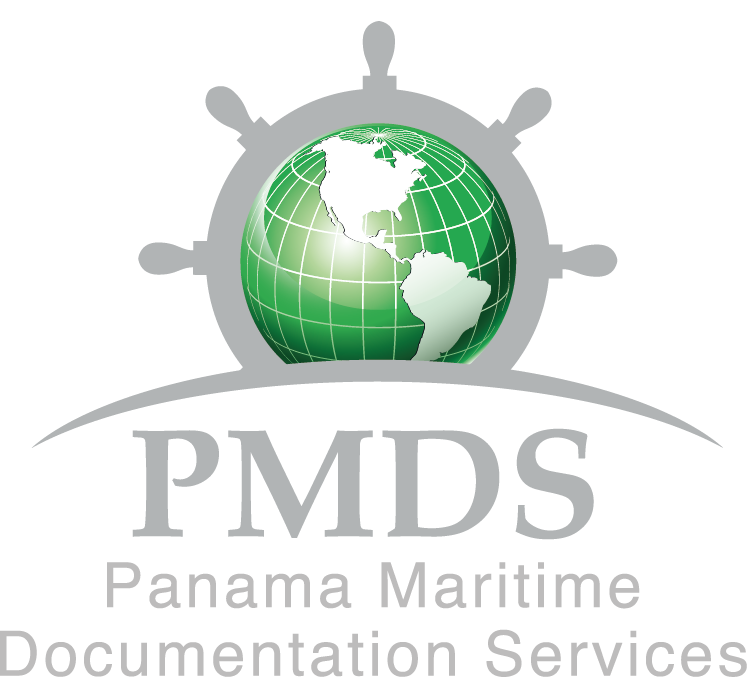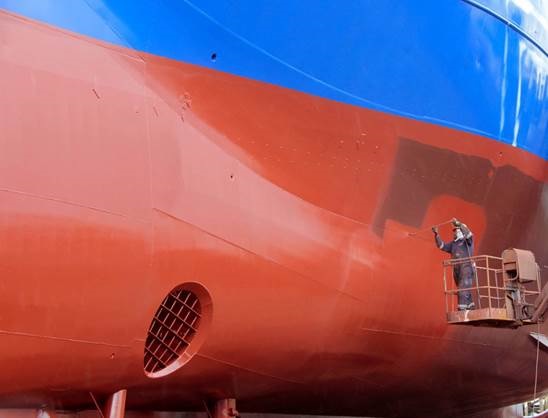
Control of Harmful Anti-fouling Systems on Ships
In July 2021, at the 76th session of the Marine Environment Protection Committee (MEPC 76), the IMO adopted an amendment to the International Convention on the Control of Harmful Anti-fouling Systems on Ships (AFS Convention).
In addition to the already prohibited organotin compounds which act as biocides (try butyl tin, TBT) in anti-fouling systems, the ingredient cybutryne (CAS No. 28159-98-0) will be prohibited as per the amendments to the AFS Convention entering into force on 1 January 2023.
The affected ship types and effective dates are listed in the table below:
| Anti-fouling system | Control measures | Application | Effective date |
|
Cybutryne CAS No. 28159-98-0 |
Ships shall not apply or re- apply anti-fouling systems containing this substance. | All ships | 1 January 2023 |
| Cybutryne
CAS No. 28159-98-0 |
Ships bearing an anti-fouling system that contains this substance in the external coating layer of their hulls or external parts or surfaces on 1 January 2023 shall either:
(1) remove the anti-fouling system; or (2) apply a coating that forms a barrier to this sub- stance leaching from the underlying non-compliant anti-fouling system. |
All ships except:
(1) fixed and floating plat- forms, FSUs and FPSOs that have been constructed prior to 1 January 2023 and that have not been in dry-dock on or after 1 January 2023; (2) ships not engaged in international voyages; and (3) ships of less than 400 gross tonnage engaged in international voyages, if accepted by the coastal state(s). |
At the next scheduled renewal of the anti-fouling system after 1 January 2023, but no later than 60 months following the last application to the ship of an anti- fouling system containing cybutryne. |
Surveys and certification requirements for AFS
- All ships should remove or seal such anti-fouling systems at the next scheduled renewal of the anti-fouling system after 1 January 2023, but no later than 60 months following the last application of such anti-fouling system prior to 1 January 2023.
- The section of the model form of the IAFS Certificate listing the compliance options for controlled anti-fouling systems on the ship have been modified to include extra cybutryne tick boxes.
- Owners/operators should be aware of vessels and fleet survey and docking schedules for anti-fouling purchases. These should be accompanied by cybutryne-free statements from the manufacturers to obtain an AFS certificate from the attending surveyor.
For additional information contact our Technical Department: technicals@panamamaritime.com

 (507) 6780-7942
(507) 6780-7942
